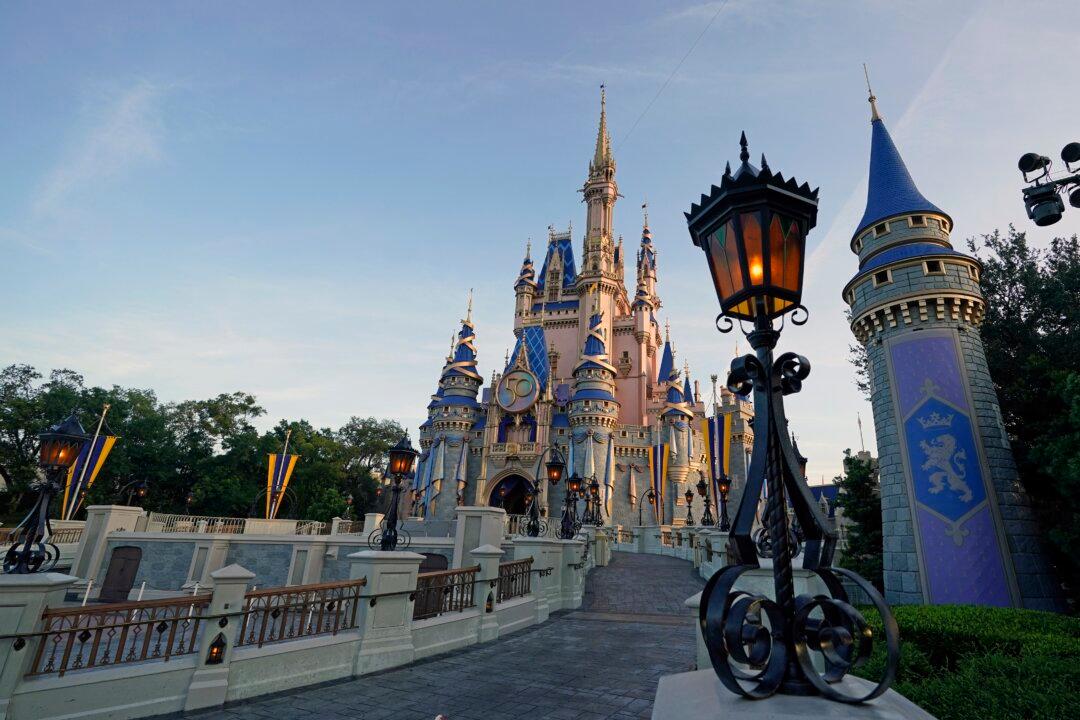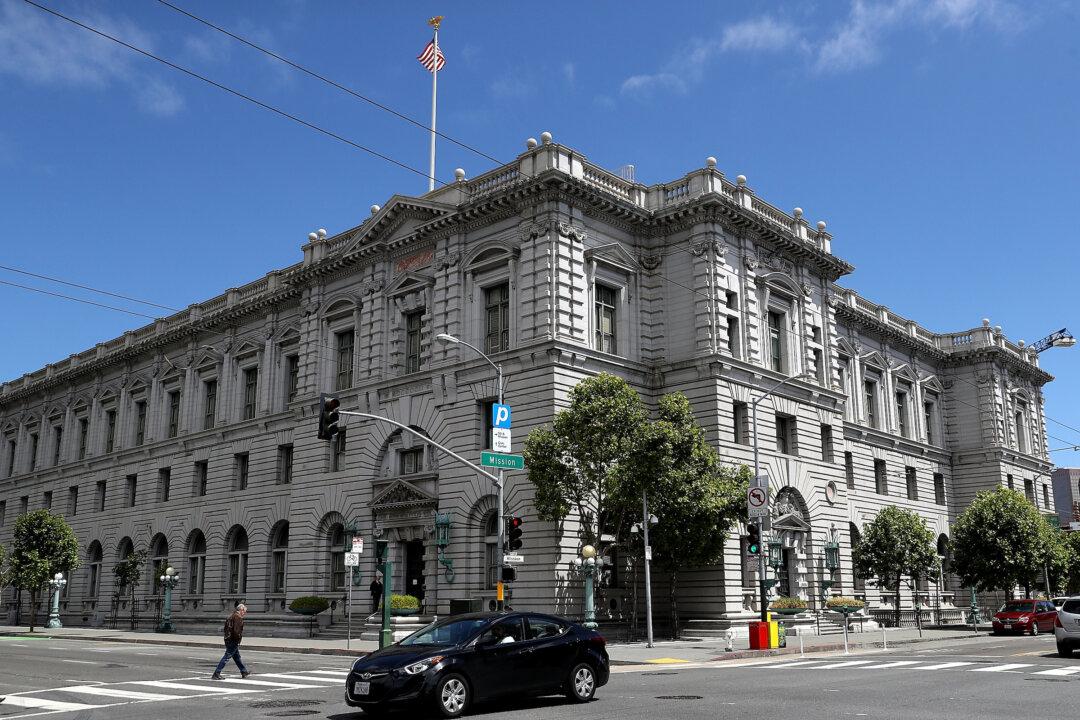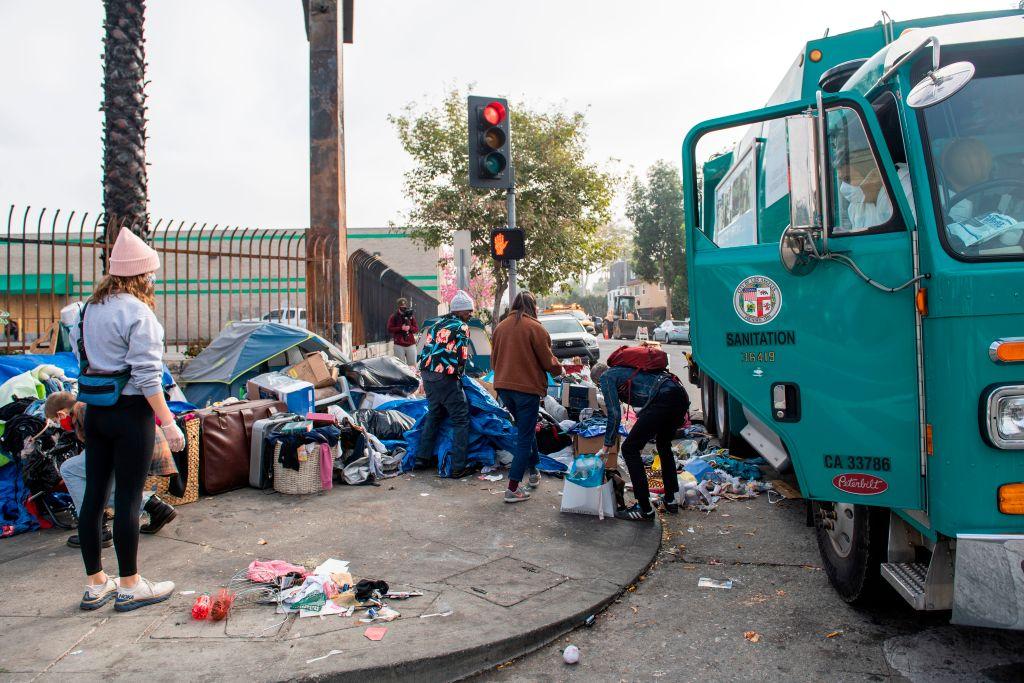Commentary
Florida’s Republican Gov. Ron DeSantis is moving forward with his plan to remove the special legal status that has allowed Walt Disney World to operate for more than 50 years as an autonomous government entity, free of nearly all state and local oversight and with the power to levy its own tax-free municipal bonds.





